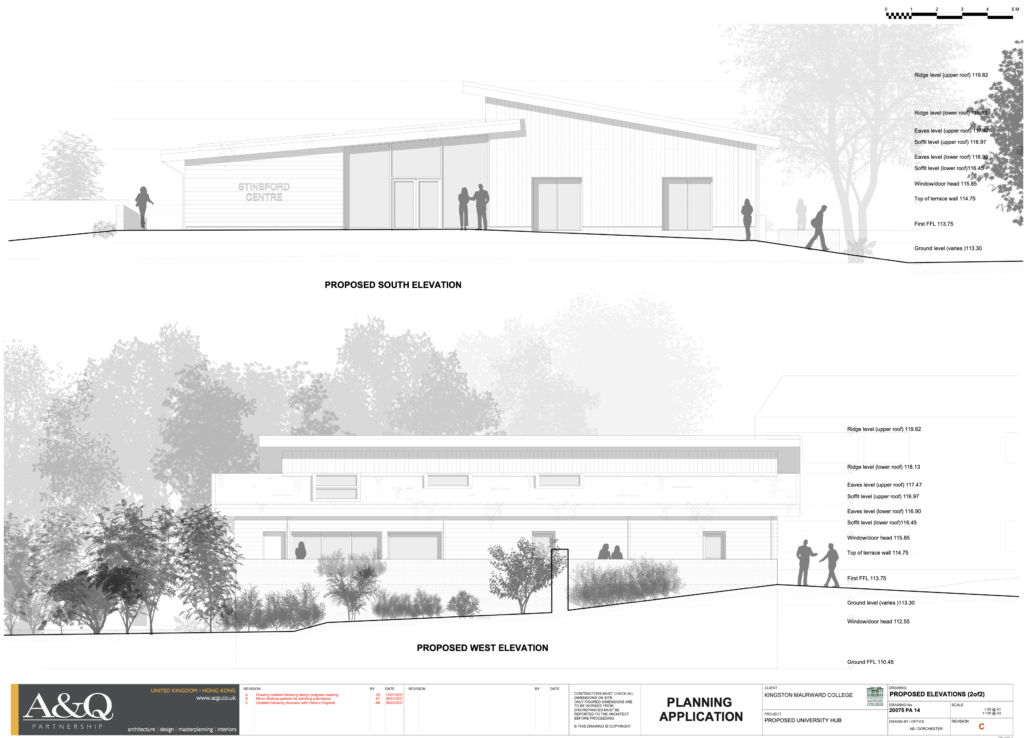For a long time, for those of us who were lucky enough to go, the first experience of university was that heady moment when you turned from your mum driving away (as she was crying), pretended not to have a moment yourself, took a deep breath and walked back into the halls of residence.
After three years flew by managing the 3 S’s of university life (Socialising, Sport, and Study – apparently one can only do two of these properly at any time?!) you emerged blinking into the light of the ‘real world’ and got a job.
Of course, many people didn’t go this route, and that’s fine. However, there is an increasing need for higher technical skills for the modern workplace that have to be supported by higher level study. Whether that requires a trip away from home, or even a formal bachelor’s degree is far less certain.

For many, the simple fact of costs of leaving home are eye-watering and a barrier to progression. This is especially true if you (as I was) are from a family where nobody had been away to university before. The whole thing seems unattainable, and this feeds into lost opportunities and lost life chances for people.
Dorset looks idyllic, but several areas have incredibly low social mobility. Higher Education progression in the Dorset unitary authority area is 6% below national average (36% vs 42% for England, 2019) and this is amplified for those from low income families (17% vs 26% for England, 2019).
Not only are we worse at getting young people qualified here, if they are poor we do even more badly.
We are, quite simply, cutting off the pipeline for those young people – and the wider economy – if we don’t do more to support the development of higher learning here.
The Sutton Trust reports that the majority of young people in the UK stay local for Higher Education, so that participation rates reflect both social status and physical access to universities.
Kingston Maurward College’s £4.5m expansion to become a University Centre for Rural Dorset has just been unanimously approved by the board.
This new University Centre for Rural Dorset, and the Rural Business Hub, will serve this specific local opportunity gap. A purpose-built site, bringing into Dorset university level study at a far greater rate and with a wider range of partners.

Kingston Maurward College already offers foundation degrees, but we are now in discussions with a world-class Russell Group university as well as a suite of academics to increase the breadth of opportunity – from innovative sustainable land management, to archaeology, to heritage tourism, supporting skills and the industries in the rural county.
Alongside this will be a rural business support hub, allowing local businesses space to come together to exchange ideas, get business support, and if wished, offices within the building itself. This will allow the small businesses to accelerate their growth with support from the higher education offering, s well as having a space to work and meet clients.
The vision and strategic case is compelling, and I am hugely excited by the prospects for our rural young people; this is just the start.
Luke Rake
Principal
Kingston Maurward College



